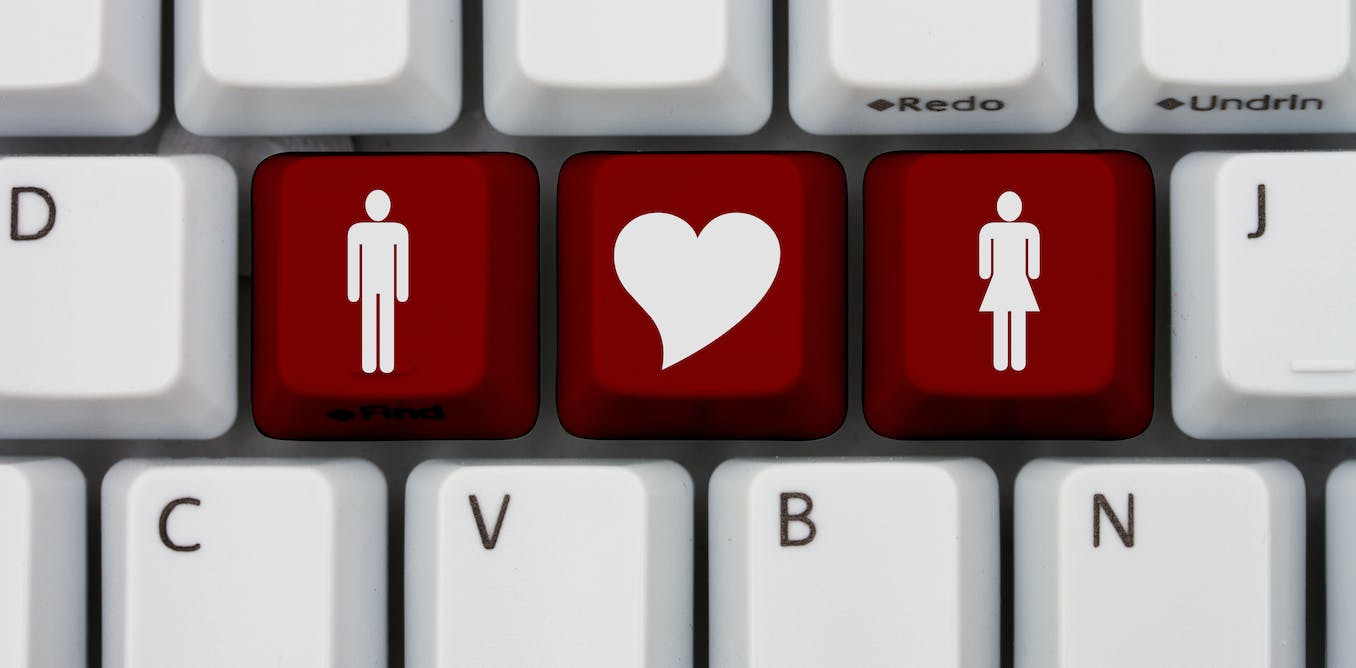Online dating has become a hobby, one that is often not even that fun
The scene described in Nancy Jo Sales’s huge Tinder report published in Vanity Fair magazine featured groups of twenty-something friends and colleagues in a Manhattan bar relaxing after work. But rather than socialising with each other they were engrossed in the more private world of their mobile phones, seeking something completely personal: a sexual partner (albeit not necessarily just for sex).
The group of friends were, in Sherry Turkle’s words “alone together” – with moments of togetherness erupting when a particularly ridiculous response or attractive photo just had to be shared among the group.
A much commented-upon new development sees people going out in groups yet – once they’ve got their Mojitos – retreating into the private, disembodied social worlds of their phones. More striking still than this curious spectacle of millennials passing time on dating apps is the new emotional climate that they’ve created. It is one of boredom and amusement-seeking, and a lifestyle in which date-seeking, but not necessarily dating itself, serves as a casual hobby rather than an awkward, laborious, money- and time-intensive effort it might take to meet a soulmate when serendipity has failed.
The social hobbification of online dating has certainly arisen in contrast to its origins. Mediated dating, particularly by computer technology, used to be an embarrassing and profoundly lonely pursuit. Rendered secretive and personal, it seemed to invite addictive or compulsive behaviour – something to brush even further under the carpet than the new that you were using it at all.
Kate Bush captured both the allure and the sorrow of the emotional surrogacy of computers in her song Deeper Understanding (1989):
As the people here grow colder
I turn to my computer
And spend my evenings with it
Like a friend … well I’ve never felt such pleasure
I was lonely, I was lost without my little black box.
Whether people took out small ads, used professional matchmakers, employed computer dating company Dateline, or tried television or phone dating, most people kept their technology-mediated dating to themselves. I’ve found that this reticence and embarrassment is something that surrounds pre-internet dating. Millions of people used such services, but it’s hard to find them, and when you do most say it never occurred to them to share their experiences.
Kate Bush’s powerful image of the lonely heart drinking in the computer’s artificial intimacy conjures up these feelings of shame – a feeling perhaps compounded by the idea that using technology to help meet people ironically deepened your social alienation. The perception was that you must be lacking in some way to require it; the “natural” system of mutual chemistry couldn’t work because something was wrong with you.
But then social media came along and blurred the lines between the personal and the social, the celebratory and the embarrassing. The assumption (though hardly rock-solid) that mediated dating signified failure was reversed. This unconsciously built upon 1980s matchmakers’ marketing spiel that desirable people were single not because of a lack of appeal, but because of a lack of time. Tinder has taken this a step further by making casual dating a perfectly acceptable thing to do whether you’re short of time or not – dating to kill time.

myfwcmedia, CC BY-ND
Internet-based dating has also got a lot better. So where former customers hankered for, but lacked control and convenience, today’s finely-tuned geographic (Happn, for example) and social sensors make tech-dating more instantaneously gratifying. Some sites like eHarmony, claim to be exploring the use of DNA, virtual reality and the latest behavioural psychology, excitedly predicting “full-sensory virtual dating” by 2040.
In other words the online dating industry is keenly interested in using the latest technology to, or at least appear to, solve the quandary of chemistry. And they’re not keeping quiet about it: if advertisers and editors continue to lap up such claims then would-be daters are less likely to consider it embarrassing. Online dating is just too useful to be ashamed of these days.
Finally, the rise of the dating app – which depends largely for its initial success on your digital social network, not your sexual power – has shifted feelings about mediated dating. Those twenty-somethings in the bar became habituated to online dating apps on their phones in part because they just couldn’t be bothered to answer all those questionnaires, nor care enough to pay for a fully-fledged dating website. Tinder culture is cool and casual, where paid-for online dating and its predecessors were or at least could easily be perceived to be a bit intense and heavy-breathing, and rank with the odour of sadness and failure.
In other words, a realm of private pursuit threatened by social and personal humiliation and disappointment:
Mr Peter Simper, a 34-year-old salesman from London, paid £125 for his life membership last July. He received no dates.
—The Guardian, May 23, 1982
Without making assumptions about the very real emotional experiences that can follow the use of Tinder and others like it, using mediated dating has moved beyond the odd and into the everyday and the insouciant. As such it has become a bit like smoking weed – good if you like smoking weed, but not so much if you hate the red eyes, fatigue, apathy and blurred vision that goes with it.

